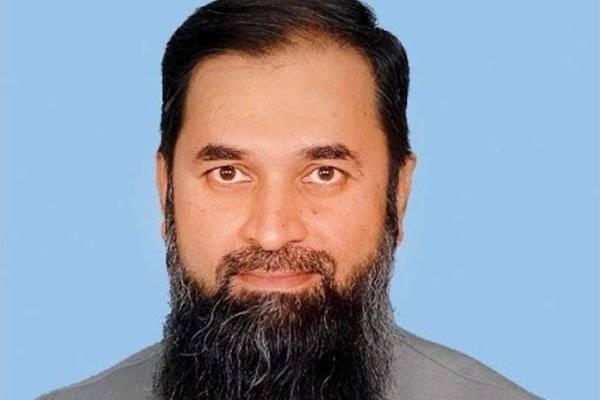The Provincial Education ministers have magnanimously agreed to adopt minimum standards for quality of education. The hollowness of the rhetoric however becomes immediately evident when grim facts about the state of education are viewed despite hefty promises.
Following a two-day “Interprovincial education ministers’ conference”, Minister of State for Federal Education and Professional Training, Balighur Rehman launched the draft copy of the standards which, according to him, would be adopted by all the provinces. Except for Sindh, the education ministers of other three provinces, AJK and Gilgit-Baltistan attended the conference- promising to work together to bring an improvement to the education sector.
The document stated that there should be special focus on ‘personal, social and emotional development of child in which they will be given training to gain self-confidence’. Moreover, the standards for a child’s language development, cogitative, conceptual and logical thinking, moral and physical developments and standards for health, hygiene and safety were also finalised. Rehman also boasted that the federal and province governments had increased their education budgets significantly, but there was still a need for making more allocations. For him, the education budget should be four per cent of the GDP. Amid the fluff and talk, nothing concrete was decided in this conference to tackle the root problems in the system. The problems include missing teachers, declining quality of education in public schools, and lack of access to schools in rural areas.
The position of political leadership or public service, on how they feel about educating Pakistan’s young, is predictable. “Absolutely essential!” they will say, and place education on top of the agenda. Unfortunately the bloated bureaucracy of Pakistan is only really concerned with education when it relates to their offspring attending private schools. Until the representatives of the people have the same choice of educational facilities as is available to those who voted for them, little will change.
What should have been made a minimum standard was investment in teacher training, infrastructure and providing textbooks to students.
Does the government have a plan for bringing about these increases, in coordination with the provincial governments who actually control most of the country’s spending on education? At the moment, the answer appears to be ‘no’. Unless the provincial administrations make it their priority to deliver quality education to all children in all districts, there will be slim chance of Pakistan’s education emergency abating anytime soon.






